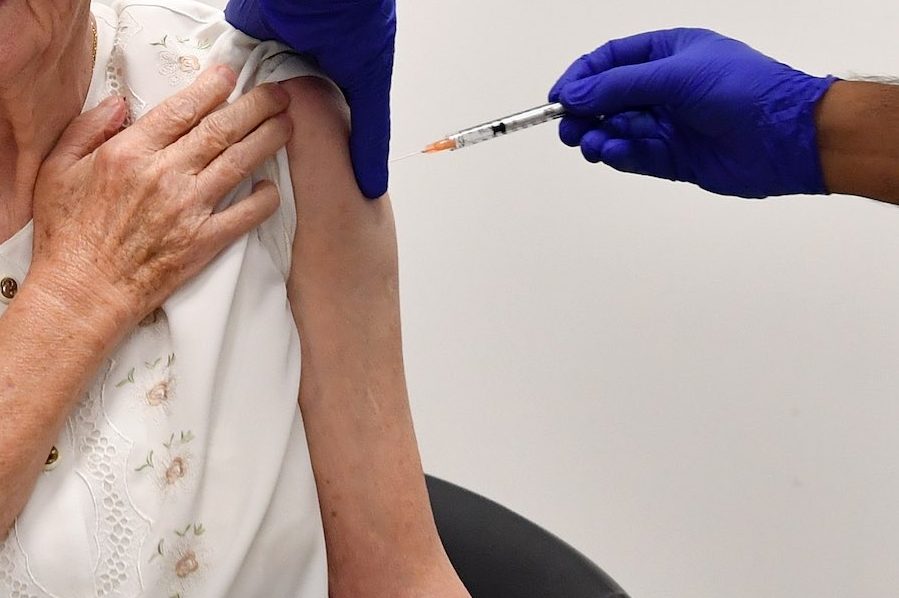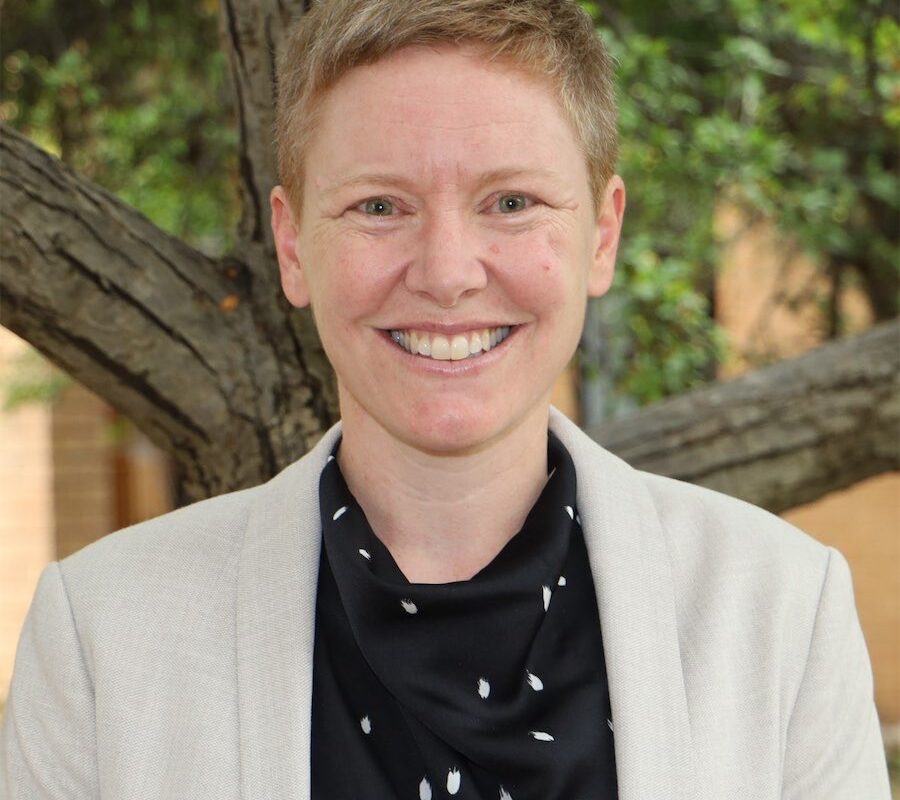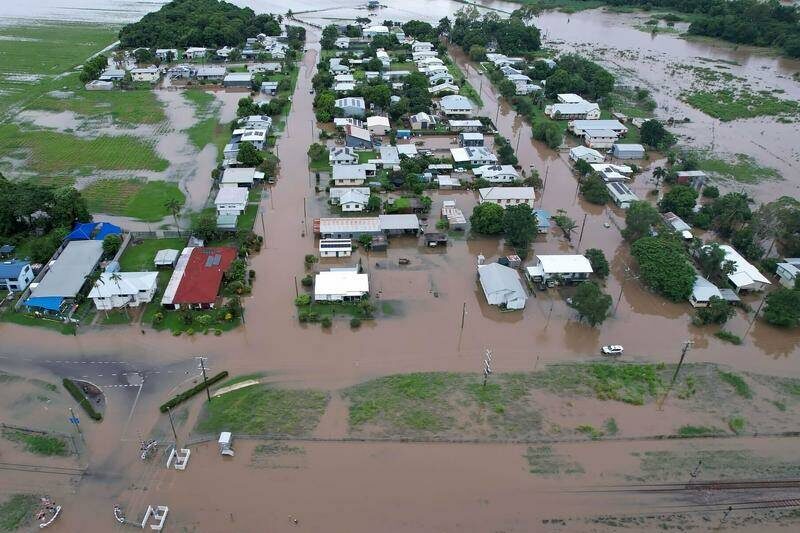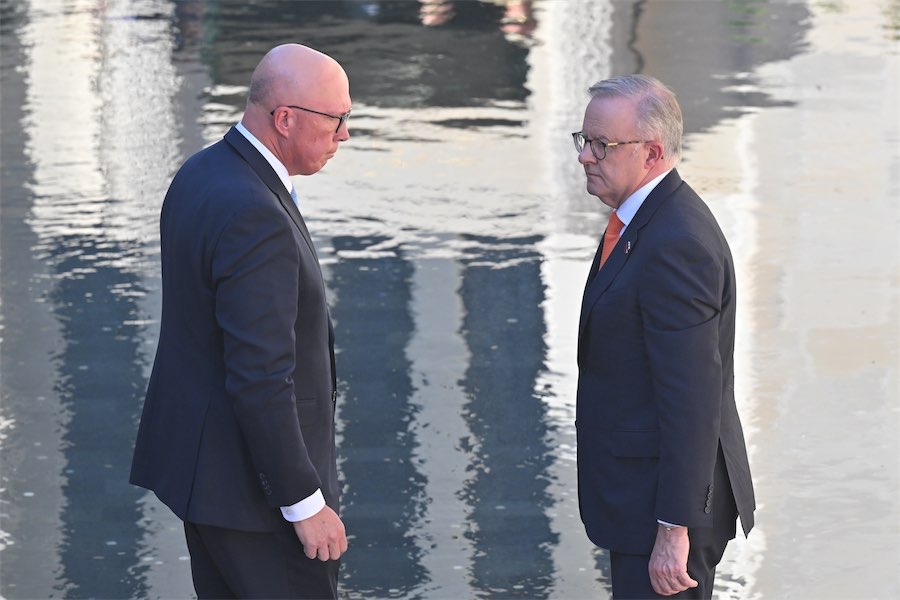
By Tara Cosoleto in Melbourne
A vaccine to combat a highly infectious respiratory disease has been approved for use in Australia for the first time.
The Therapeutic Goods Administration has ticked off AREXVY to be used as a respiratory syncytial virus vaccine for Australians aged 60 and over.
RSV is typically associated with young children but more than 25,000 older Australians were diagnosed with the highly infectious disease last year.
“We know that this is not just a pediatric disease – it’s a disease that affects all ages, particularly those aged 60 plus,” Brisbane GP Anita Sharma said.
“Older patients see a decline in their immunity due to a phenomenon called immunosenescence, which means they cannot mount a good immune response when they are exposed to the virus.”
RSV is highly contagious and often causes mild to moderate illness in younger people, with symptoms including a runny nose, sore throat, cough, fever and aches.
Those with low immunity or co-morbidities such as diabetes can suffer more serious symptoms resulting in hospitalisation or time in intensive care, Dr Sharma said.
But AREXVY, a protein-based vaccine, boosts the immune response in those more vulnerable patients.
“Such a vaccine will help reduce the serious outcomes from RSV infections in patients who receive the vaccine,” Dr Sharma said.
AREXVY was the first vaccine approved for use against RSV in the US, with the drug rolled out across the states in May 2023.
The TGA officially approved AREXVY on January 15 as the first RSV vaccine in Australia.
The approval is the first step towards it being administered to those aged 60 and over, with the TGA saying more details on supply and cost would be provided in due course.
The Immunisation Foundation of Australia said it was important that older Australians had access vaccines that would protect them from serious illness.
“The announcement of a RSV vaccines… is a success story for medical research,” director Catherine Hughes said.
There were 127,944 confirmed cases of RSV in Australia in 2023, according to the federal government’s National Notifiable Disease Surveillance System.
More than 64,000 infections were in children aged under five, while 27,440 people aged 60 and over had RSV.
Who can be trusted?
In a world of spin and confusion, there’s never been a more important time to support independent journalism in Canberra.
If you trust our work online and want to enforce the power of independent voices, I invite you to make a small contribution.
Every dollar of support is invested back into our journalism to help keep citynews.com.au strong and free.
Thank you,
Ian Meikle, editor









Leave a Reply